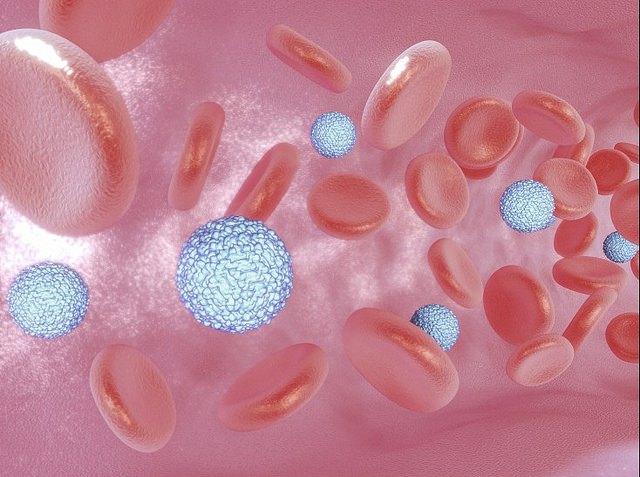A new study published in Cell Reports said Zika virus infection is caused by only one serotype, and vaccinating against that one strain could offer protection from diverse strains of the arbovirus. This promising news comes as human Zika vaccine trials begin.
To determine Zika's serotype, researchers with the National Institute of Allergy and Infectious Diseases (NIAID) investigated serum samples from eight people who'd recently been infected with the virus in South America. They mixed the samples with multiple strains of the virus to see if serum antibodies neutralized the virus.
"Antibodies elicited after infection with Zika virus strains of the Asian lineage were able to potently inhibit both Asian lineage and African lineage strains," the researchers said in an NIAID news release.
Study offers focus for vaccine development
"Vaccination against a single strain of Zika virus should be sufficient to protect against genetically diverse strains of the virus," according to the release.
Theodore Pierson, PhD, chief of the viral pathogenesis section of NIAID's laboratory of viral disease and a lead author on the study, said the goal was to determine whether or not strain variation would be important in developing vaccines.
"In certain viruses, like influenza, the strain you use in vaccine development is very important," he said. "But we saw that antibodies elicited by recent infections were capable of neutralizing both strains."
This means a vaccine targeting the virus would produce broadly neutralizing antibodies against all Zika infections, coming from either the African or Asian strain. The current outbreak in Americas is caused by the Asian strain of the virus.
Pierson said that, unlike dengue virus, infection with different strains of Zika isn't likely to cause new or worsening disease, and one vaccine could be protective against various strains of Zika.
"When the body is challenged with a virus, it's possible it could mount different antibodies based on the serotypes it sees," said Pierson. "But that's not what we saw [with Zika]."
See also:
Jul 29 Cell Rep study
Jul 29 NIAID release




















